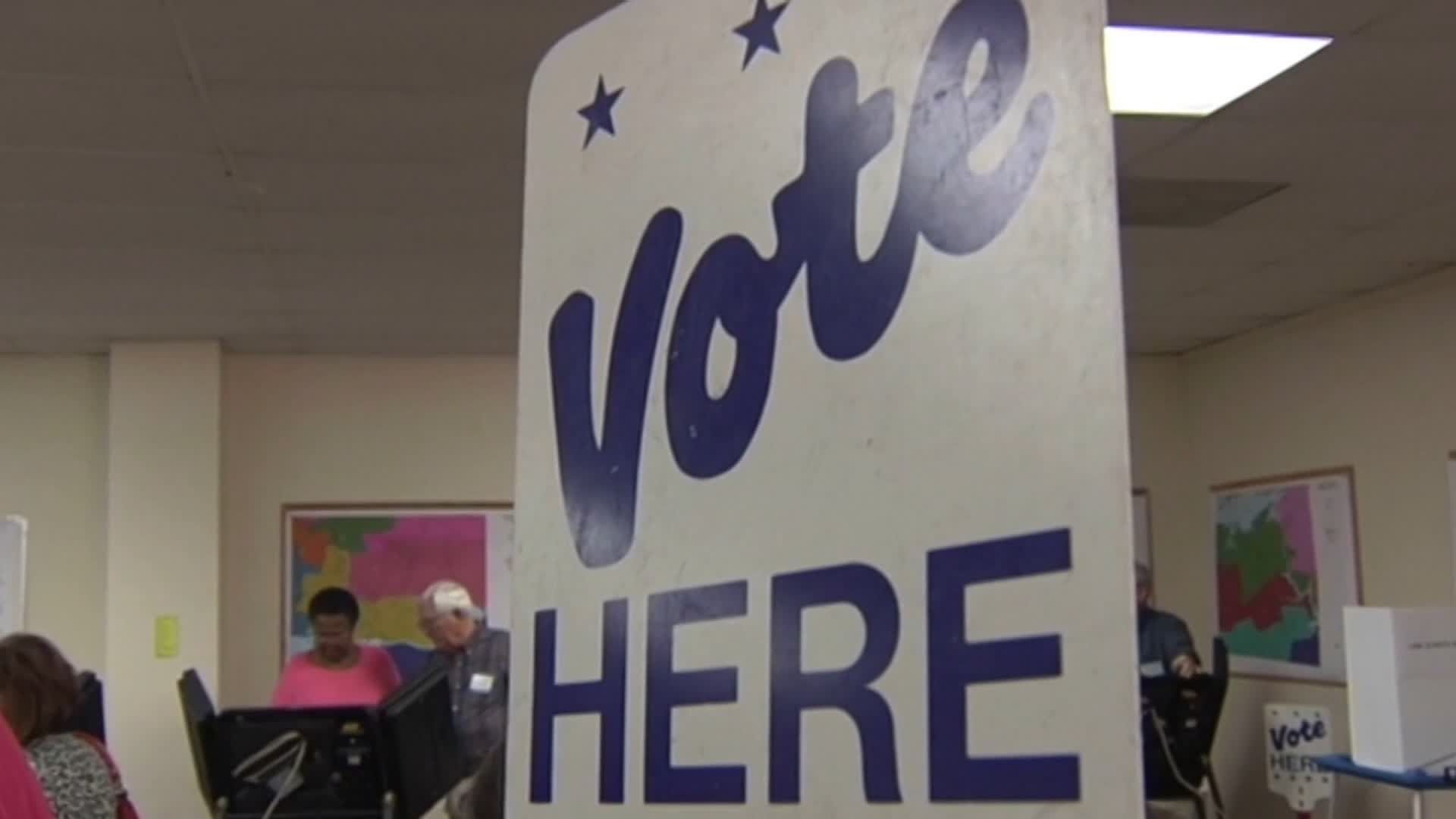Struggling to keep up with the city’s rapid growth, Fort Worth leaders Tuesday unanimously passed a comprehensive plan aimed at easing traffic congestion and improving air quality.
Residents, especially in booming north Fort Worth, have complained that side streets are often nicer and wider than the main streets feeding into their neighborhoods.
“It's just a madhouse trying to get in and out," said resident Doren Osborn while visiting a park in her sprawling new subdivision. "We're continually saying, 'When are they going to widen the road? Surely they are going to start working on this one next.'"
"There's no easy way to get anywhere," resident Gary Cunningham added.
City Councilman Sal Espino, who represents much of north Fort Worth, said most complaints he gets from residents deal with streets.
He said the new approach, the Mobility and Air Quality Plan, will help guide future development.
"Let's prevent urban sprawl and leapfrog development,” he said. “Let's make sure the land use is tied in to our infrastructure use so they line up, and we have a proactive plan."
Local
The latest news from around North Texas.
The plan examines new funding for road improvements and encourages public transportation including buses, street cars and railroads. It also seeks to better coordinate transit and development.
"Finally, they're trying to do something," said Cunningham, who commutes from north Fort Worth to his job as a paramedic at Dallas-Fort Worth International Airport.
Fort Worth’s population is expected to jump by 42 percent by 2030, when it is projected to hit one million.
Espino said when all the construction is done, the area of Fort Worth north of Loop 820 will have grown to a city the size of Arlington.



